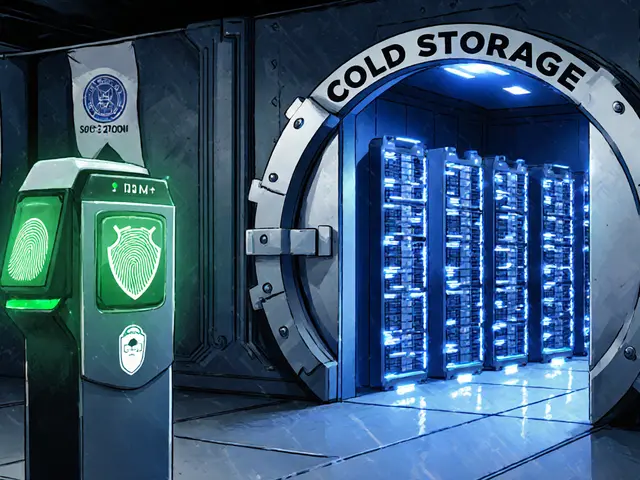Bitcoin Mining Pool: How It Works, Risks, and Current Trends
When working with Bitcoin mining pool, a group of miners that combine their computing power to increase the chance of solving a Proof‑of‑Work block and sharing the reward. Also known as mining pool, it lets participants earn steadier payouts compared to solo mining. Proof of Work is the consensus algorithm that drives Bitcoin’s block creation, and it directly determines how much hash power a pool needs. The total hashrate contributed by members defines the pool’s share of the network’s difficulty. Most pools run on specialized ASIC miners, which provide the efficiency required to stay competitive.
Key Concepts and Considerations
Understanding a pool starts with its reward model. Bitcoin mining pool operators typically use Pay‑Per‑Share (PPS), Proportional (PROP) or Pay‑Per‑Last‑N‑Shares (PPLNS) schemes. PPS guarantees a fixed payout per share, smoothing income but charging higher fees; PROP and PPLNS tie earnings to actual blocks found, offering lower fees but more variance. Pools also charge a fee—usually 1% to 3% of the reward—to cover server costs and development. Choosing a pool means weighing fee level against payout predictability, as well as looking at the pool’s uptime, geographic location, and reputation for honest reporting.
Energy consumption is the elephant in the room. Because Proof of Work requires massive computations, pools aggregate the electricity draw of thousands of ASIC machines. Some operators offset this cost by locating data centers in regions with cheap, renewable energy, while others face criticism for relying on fossil‑fuel‑heavy grids. When evaluating a pool, ask where its servers sit and whether the operator publishes any sustainability metrics. The trade‑off is clear: higher hashrate improves block discovery probability, but it also amplifies the environmental footprint of every share you submit.
Regulation adds another layer of complexity. Certain jurisdictions treat mining pools as financial intermediaries, imposing reporting requirements or even banning large‑scale operations. For miners in countries with strict capital controls, joining an overseas pool can expose them to seizure risk if local authorities view pooled mining as illegal foreign investment. Conversely, pools that comply with Know‑Your‑Customer (KYC) rules may offer smoother fiat payout options, reducing the hassle of converting Bitcoin earnings. Always check the pool’s policy on anonymity, payout methods, and any legal notices that could affect your jurisdiction.
Armed with this overview, you can now scroll through the curated list below. Each article dives deeper into a specific aspect—whether it’s a detailed fee comparison, a look at the most energy‑efficient pools, or step‑by‑step setup guides for new miners. Use the insights here to pick a pool that matches your hardware, budget, and risk appetite, then get your hash power working for you.







